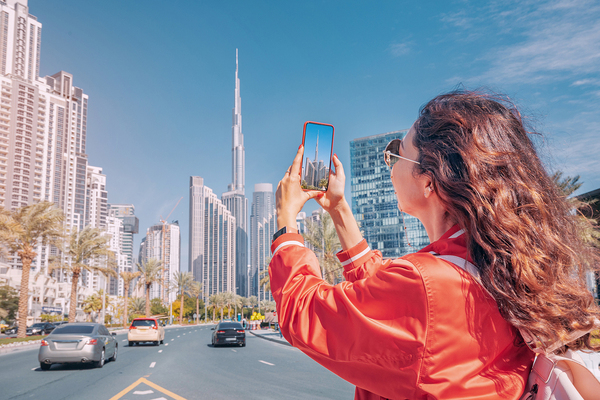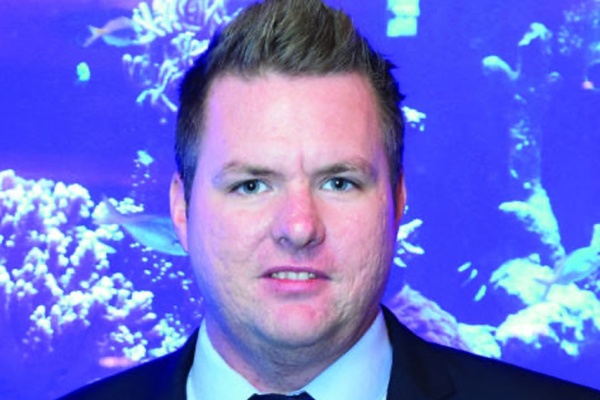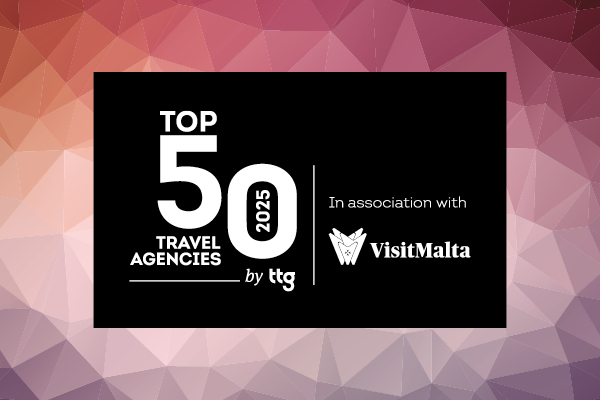Travel warned to be clear about its relationship with influencers
 Gary Noakes
Gary NoakesTravel brands and destinations working with influencers need to be transparent or risk falling foul of consumer protection rules and legislation, a specialist lawyer has warned.
Mark Smith, founder of law firm Purdy Smith, said a growing number of travel firms were using influencers, whether celebrities or “micro influencers” such as those well-known to enthusiasts of a particular hobby or interest.
Smith told an Aito meeting all had to abide by guidelines published by the Competition and Markets Authority, Advertising Standards Authority and the Committee of Advertising Practice (CAP) Code in the first instance as well as legislation under consumer protection regulations known as CPRs.
He said any influencer paid to tweet or communicate and who did not make it clear to consumers was in breach of these rules. These, he said, did not just apply to paid influencers but also those who earned commission or took a free trip or loan, for example of a hire car.
“If you give someone a free holiday, that would be considered payment,” he said, adding a brand ambassador, shareholder or director role would also need to be disclosed. Family connections also needed to be made transparent and all posts needed to be labelled as advertisements.
Smith also warned Instagram feeds needed to be labelled appropriately.
He added: “Some influencers may be more savvy about these things, some – maybe a Love Island contestant – are less likely to appreciate the legal and consumer protection rules.
“You should ask them to comply and have that on record. Monitor content and dump them if they don’t comply.”
He added disclosures were needed whether a free product or service was requested or not and whether there was any obligation to post about it. Disclosures were needed for 12 months after the original posting, he said.
Smith advised firms to set out firm guidelines for influencers and for any marketing or talent agencies that engaged them.
Sign up for weekday travel news and analysis straight to your inbox

Gary Noakes
Supplier Directory
Find contacts for 260+ travel suppliers. Type name, company or destination.

















